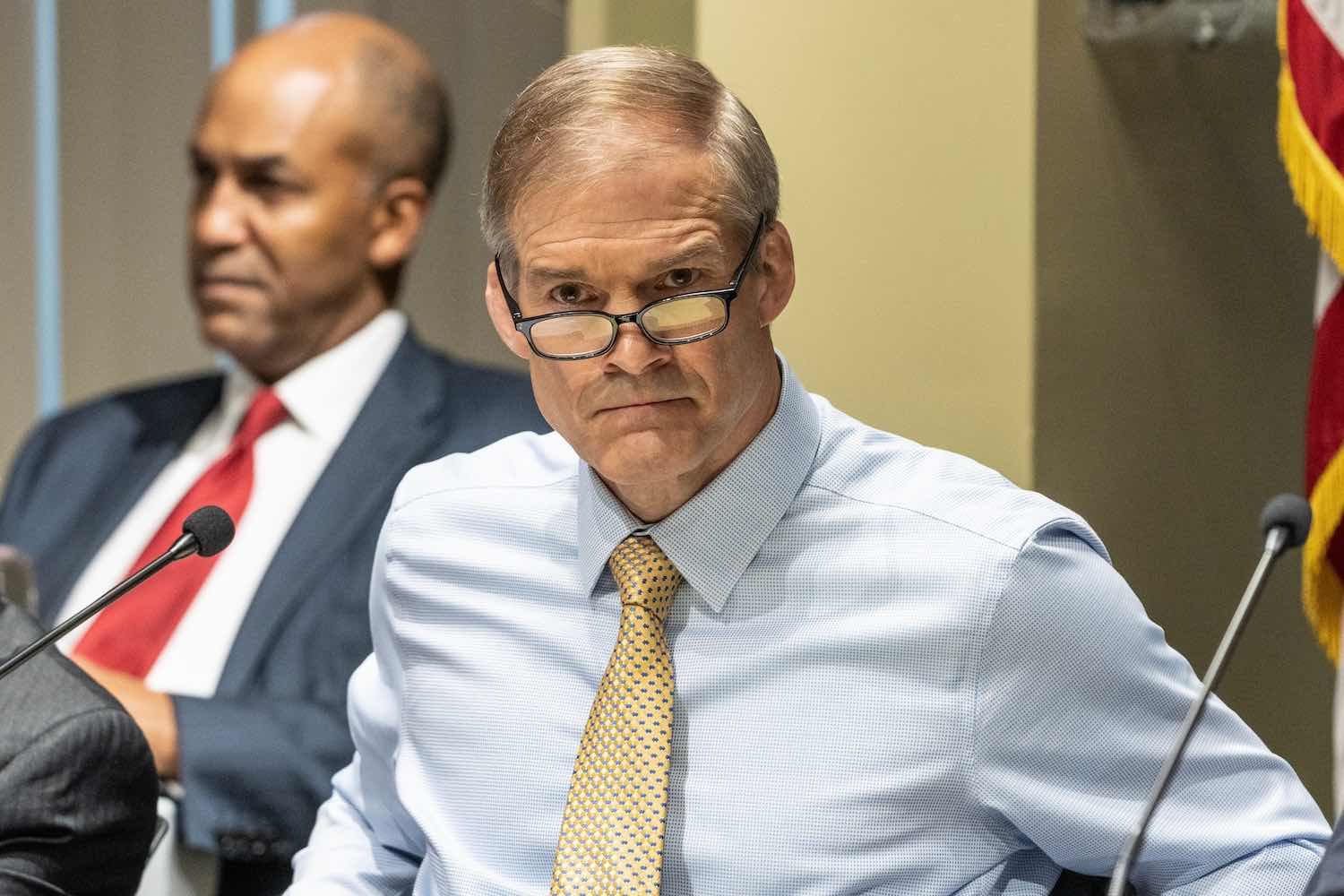ImpactAlpha, Sept. 8 – This year, companies are taking the call when Engine No. 1 reaches out.
Chevron Corp., the world’s No. 8 oil company, is trying to avoid being the next ExxonMobil. The fund manager Engine No. 1 made its name earlier this year by waging an unexpectedly successful proxy campaign that put three independent directors inside ExxonMobil’s boardroom to press for more climate action and smarter capital allocation.
Launched less than a year ago, Engine No. 1 is looking for new opportunities to engage. Proxy battles – the financial market equivalent of a cafeteria food fight – make for headline-grabbing news. But the firm is finding that much of the progress in prodding companies to clean up their acts come from the unsexy process of “engagement.”
Chevron executives recently met with Engine No. 1, and Chevron’s board of directors reviewed the Exxon proxy campaign at its meeting this summer, The Wall Street Journal reported last week. The oil company plans to announce more ambitious carbon-reduction targets and is considering adding a director with environmental expertise, the paper said.
“A year ago, we were a no-name hedge fund,” Engine No. 1’s Michael O’Leary told ImpactAlpha. “We can now have tons of impact without running a proxy campaign.”
Heightened expectations
Shareholders pressing companies on environmental, social and governance, or ESG, issues, are feeling emboldened across the board after last season’s historic wins. At Chevron, investors representing 61% of the company’s shares supported a proposal to ask the company to slash its greenhouse gas emissions. The majorities for similar resolutions at ConocoPhillips and Phillips66 were 58% and 80% respectively.
Climate continues to be a top priority for Engine No. 1. In addition to targeting the supply side of energy, the firm is also looking at the demand-side of the energy equation, including heavy emitting sectors such as transportation, agriculture and building heating and ventilation.
The investment firm also is focusing on workforce issues and racial equity. O’Leary points to a new wave of proposals asking banks to conduct racial equity audits of the differential impact of their lending, hiring and financial products and report, for example, which groups are paying the most in overdraft fees.
“People are leaning forward,” he says. “It’s kind of like the shackles are off and let’s swing for the fences on some of these proposals.”
Other investor groups also are readying a new slate of shareholder resolutions that reflect their heightened expectations of corporate managers. On climate, shareholder resolutions are expected to ask not just for emissions reduction pledges, but detailed transition plans that take workers and communities into account. Another set of proposals ask companies to align their lobbying with their rhetoric, particularly in regard to net-zero or other emissions-reduction pledges.
“We’re seeing a shift from backward-looking disclosure to forward-looking disclosure,” said Kirsten Snow Spalding of Ceres. She also foresees more votes against management and directors.
“After the successful ExxonMobil campaign, investors are realizing that all of these ESG issues are kind of core governance issues,” Snow Spalding tells ImpactAlpha. “If the boards are not really monitoring and managing and implementing changes that address the ESG issues, they’re missing the opportunity to really create value for the investors.”
Alpha and beta
Engine No. 1 mounted its campaign to revamp Exxon’s board while holding only about $50 million in the company’s stock. Those shares are held in its long-short hedge fund, which “makes big bets on small numbers of companies,” O’Leary says.
The firm’s $600,000 or so in Chevron’s shares are held in the other side of Engine No. 1’s business, its VOTE exchange-traded fund, which holds the 500 companies in Morningstar’s large-cap index of U.S. stocks in a passive, low-fee fund. Differentiating Engine No. 1 is its activist approach, including supporting shareholder resolutions and voting against directors if they are unresponsive.
The two parts of Engine No. 1’s business model neatly encapsulate the contrasting strategies available to investors to affect change at public companies. The firm’s two financial products reflect two approaches to corporate stewardship. Broadly speaking, the activist hedge funds seeks ‘alpha’ outperformance, while the passive index fund seeks ‘beta,’ or low volatility and risk.
“For passive investors, we think that long-term, the way you maximize the value of that index is by supporting carbon disclosures and racial equity audits and paying workers more, all these things that beta stewards would advocate for,” says O’Leary.
But O’Leary departs from the arguments put forward by The Shareholder Commons and others that ‘universal owners,’ both large and small, should focus on the overall health of their portfolio, rather than the prospects of any particular stock issue. That might mean pressing claims that force companies to account for and mitigate ‘negative externalities’ that impose costs and risks on the rest of the portfolio (for a fuller explanation, see, “Chasing alpha is fine, but long-term returns for universal owners require beta stewardship”).
In practical terms, such system-level arguments “are a non-starter,” O’Leary says. To win over shareholders, even big institutional investors that are effectively universal owners, requires convincing them that proposed changes are good, not bad, for the company. Campaigns that stress such economic arguments can win where moral or values-based arguments fall short.
In the case of Exxon, the economic argument was made easier because it was the broad stock market, not activist investors, that had massively written down the oil giant’s market value.
Inclusive Capital’s Jeffrey Ubben, who also gained a seat on Exxon’s board last year, told the Financial Times last month that Engine No. 1’s strategy “is not enough to create lasting change.” He said Engine No. 1 itself doesn’t have seats on Exxon’s boards; the new directors are unaffiliated and independent. “You need constructive stakeholders in the boardroom [who] have real money invested and are considering all constituencies, shareholders, employees, the planet and customers.”
As it happens, the oil company’s shares have rebounded from their lows of last November, largely as a result of higher oil prices but also perhaps reflecting the public, and now boardroom, pressure on billion-dollar capital expenditures and other decisions that could improve, if slightly, the company’s prospects in the low-carbon transition.











